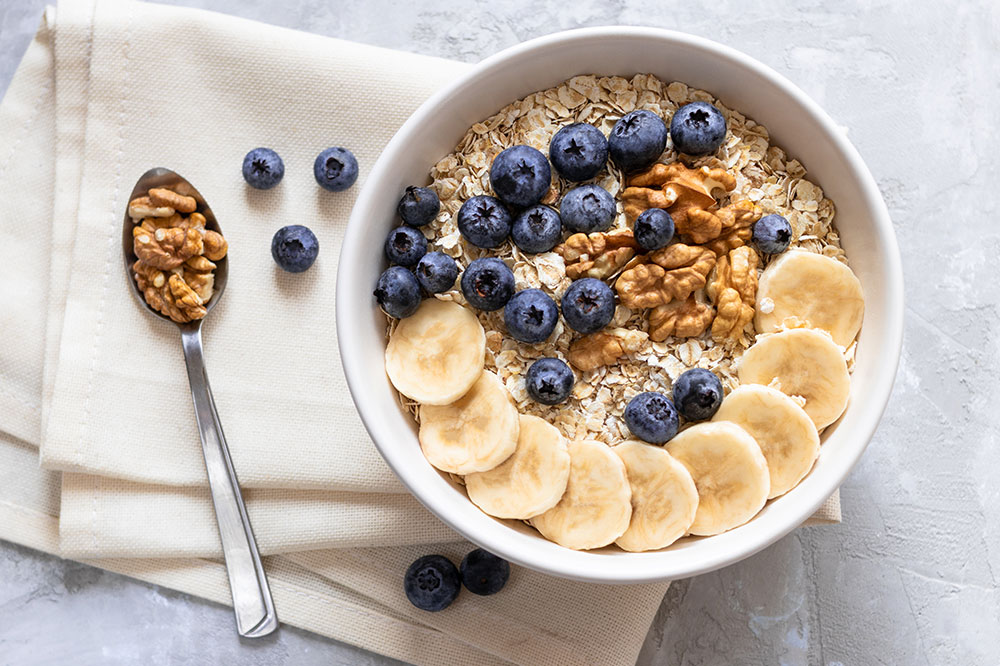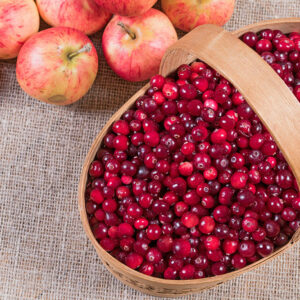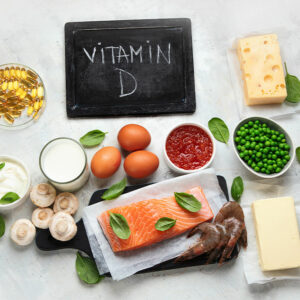
9 foods for better management of GERD symptoms
GERD, or Gastroesophageal reflux disease, is a chronic acid reflux condition that affects around twenty percent of the population. This condition causes burning discomfort, bloating, or even belching after almost every meal. One of the reasons this acid reflux happens is if the lower esophageal sphincter is weakened or damaged. The best way to manage this disease is to structure a good meal plan to avoid reactions. Here are some best foods to manage GERD.
Ginger
This has been used as a remedy root for many centuries for various chronic ailments. It has natural anti-inflammatory properties, which help treat complications like heartburn and other gastrointestinal problems. This root is said to have phenolic compounds, known for their ability to relieve gastrointestinal irritation and help reduce gastric contractions that can cause pain. Since it is also an anti-inflammatory herb, it helps reduce inflammation of the esophagus, which causes this acid reflux. You can consume this herb in several ways by adding it to food recipes or tea. Also, be careful not to overuse this ingredient and eat in moderation.
Oatmeal
A whole-grain breakfast option, oatmeal, is considered excellent for gut health. It is full of fiber which is known for its digestive properties that are essential when dealing with issues related to the gastro. Oatmeal is not just healthy for the but also a heart-healthy option for everyone. It helps absorb stomach acid and reduce the other symptoms of GERD. There are several ways in which you can consume oatmeal, and this can include adding some sweet toppings like some seasonal fruits to your regular boiled oatmeal. Also, this ingredient is generally considered a low-acidic food that can help keep the stomach’s health balanced and maintained.
Healthy fats
Unlike what most people believe, fats are good for the body. But ensuring you have unsaturated fats in your meals makes it a good meal plan. This can include options like avocado, olive oil, and even soy products that are considered to have healthy fats. Therefore, it is important to ensure you do not overeat healthy fats; otherwise, the benefits will soon be reversed. Also best to avoid fried foods as much as possible as they can lead to gut health complications and other diseases.
Lean meats
Eating meats like skinless chicken, lean beef, and seafood options like salmon, trout, and mackerel are good lean meat options. It is always best to avoid highly fatty and heavily spiced meats which are processed. Bacon, sausages, salami, pepperoni, hamburgers, and fried chicken are all readily available in the market but should be avoided from regular meals as this only increases the risk of chronic diseases and triggers GERD symptoms. Making fresh salads with lean meats is one of the best and most healthy ways to eat protein.
Potatoes
Potatoes are a simple root vegetable, but full of nutrients and especially great for those with GERD symptoms. They are known for their complex carbs and digestible fiber, essential in keeping the gut healthy. Other root vegetables, including parsnips, carrots, turnips, and sweet potatoes, are also great for managing this illness. You can easily include these vegetables in a salad and also add them to some soup recipes. However, ensure you do not pair them with ingredients that may trigger GERD symptoms, like onion or garlic.
Fennel
This is known for its licorice flavor that is so mild and flavorful. It is more than just a tasty vegetable. It is also known for its low acidic index. This can help in soothing stomach inflammation and pain, which is usually a symptom of GERD but can also cause acid reflux. Some of the best ways to serve this vegetable are to roast it with some herbs and serve it as a main course. You can also make a small side dish and add it to some warm salad recipes.
Brown rice
Eating whole-grain food options is better than simply eating processed foods. Options like brown rice come with the goodness of complex carbs, which take longer than usual to digest. This slow digestion process can be helpful for those dealing with acid reflux as it does not put any pressure on the gut. Simple carbs like white rice, pastries, or kinds of pasta fasten digestion, which can overwhelm the system. Also, brown rice has extra fiber, which is a plus for digestion.
Watermelon
A water-heavy fruit is always an excellent option to keep your digestion and gut health in check. They are hydrating and have a high source of nutrients like vitamin C, magnesium, iron, and more. This fruit and options like honeydew and cantaloupe are great to add to regular meals, especially during summer. They help keep hydration in check and keep the digestive system running smoothly and cool down the body’s temperature during high heat.
Water
Yes, it’s said that drinking enough water during the day should be a priority, but it isn’t just for hydration purposes. Several diseases are at high risk if you are dehydrated. This can even cause fatal illnesses. So always hydrate correctly throughout the day with water and other water-based drinks, fruits, and vegetables.
GERD is manageable if you are conscious of your daily food choices. Some foods may cause triggers, while others may help calm the symptoms, so always be sure what suits your body. Speak to a nutritionist if necessary to get a well-planned meal structure to help manage GERD symptoms. Also, make it a point to follow a healthy lifestyle with habits such as getting at least 7 hours of sleep, practicing mindfulness, following a proper exercise routine, and managing stress. A healthy mind is a prerequisite to having a healthy body, so ensure you follow a proper lifestyle to combat GERD and manage its symptoms.





